We don’t need to wait to ‘vote’ for governor-general
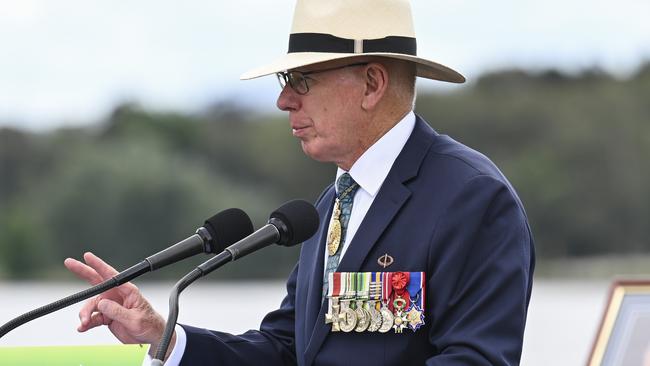
What is not being discussed is how the governor-general is chosen. The system is open to reform and presents an opportunity for a republican Labor government wary of another referendum to trial new methods of choosing a head of state.
The Constitution gives the impression that the governor-general is the most powerful figure in our democracy. It does not mention the prime minister, or institutions such as cabinet, and instead says the governor-general can determine when parliament sits “as he thinks fit” and can dissolve the House of Representatives for an election.
The role also appoints ministers of state who hold office “during the pleasure of the governor-general”. The Constitution even says the governor-general commands Australia’s military forces.
The words on the page of Australia’s Constitution do not reflect reality. Except in the most extraordinary circumstances, such as the dismissal of the Whitlam government in 1975, the governor-general always acts upon the advice of the prime minister.
This convention is unwritten, but fundamental. It transforms the office of governor-general from what may appear to be a dictatorial role into a symbolic figure above the political fray.
The Constitution again only tells half the story when it comes to choosing the governor-general. It simply says they are appointed by the monarch as their representative in Australia.
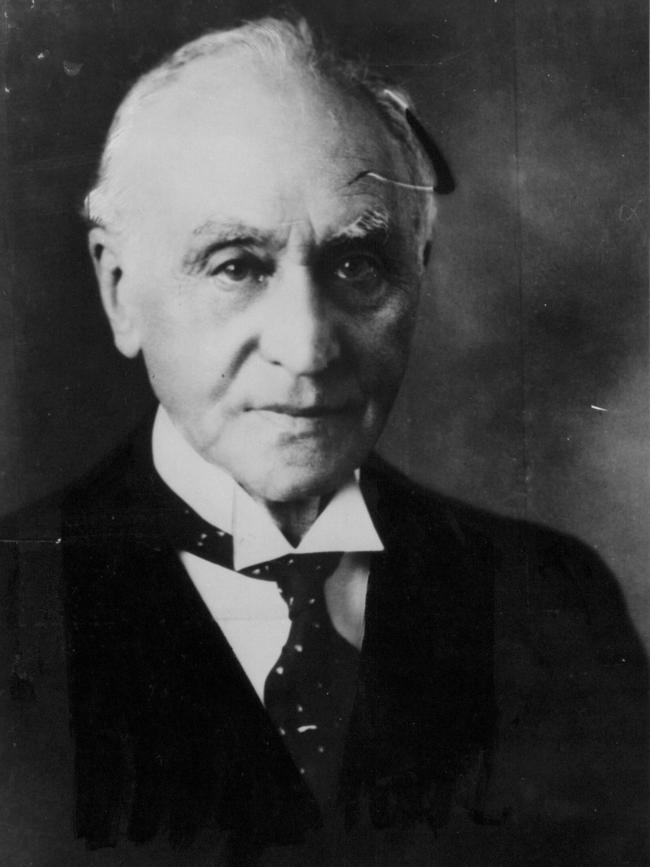
This led to controversy in 1930 when King George V initially refused to accept the Australian prime minister’s advice that Sir Isaac Isaacs, then chief justice of the High Court, be appointed as governor-general. An Imperial Conference in 1930 responded by creating a new convention that future appointments be made by the monarch on the advice of the prime minister.
Nothing further is set out about how the governor-general is chosen, or the qualities they should possess. The law is also silent on important matters such as how or when a governor-general is dismissed. This proved problematic when governor-general Dr Peter Hollingworth resigned two decades ago due to controversy stemming from his time as the Anglican archbishop of Brisbane.
The absence of clear rules, or indeed any rules at all, reflects the status of the vice-regal office as a relic of an earlier era in which important public offices lay within the sole discretion of the monarch or prime minister.
The appointment of the governor-general is central to the debate about our head of state and the possibility that the nation might become a republic.
The governor-general would likely be replaced by a president in the event of a republic, and with this could come a new method of appointment. It is not necessary though to wait for a republic to modernise the office of governor-general and give the community a greater say.
The office of governor-general, and the state governors, represents an opportunity to trial methods of appointment for a future president.
Constitutional changes have proven more likely to succeed when Australians have had experience of the change. Reforming the appointment process now for the governor-general could assist the move to a republic in the years ahead.
There is nothing to prevent the Prime Minister announcing he will advise King Charles III of Australia’s next governor-general after conducting a community-based appointment process.
It would be legally possible, though a step too far at this point, to hold an election. The Prime Minister could advise King Charles III to appoint the winner of the ballot as Australia’s next governor-general.
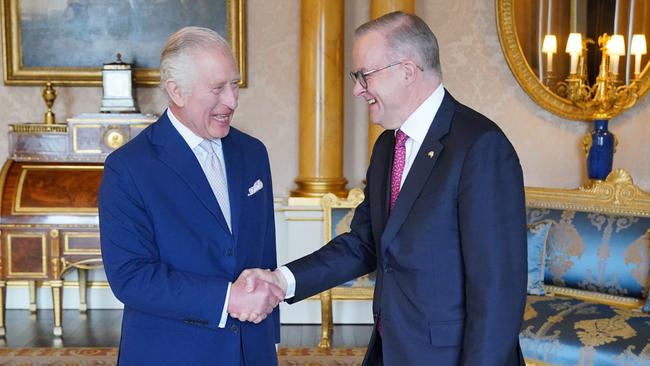
Change need not go this far, especially at this early stage.
A more modest reform would be to have the governor-general supported by a vote in parliament, perhaps by way of a two-thirds majority of a joint sitting, as was proposed in the 1999 republic model. This would bring greater transparency to the process and highlight the need for the appointee to be above party politics.
The smallest and best change at this point would be for the Prime Minister to invite Australians to nominate who they think would make an excellent governor-general.
We already routinely nominate others for awards and honours such as the Order of Australia. Public nominees might be considered by a panel of eminent Australians representative of the community, with a short list provided to the Prime Minister for his final choice.
Giving Australians the chance to nominate who they think should be our next governor-general could be an easy first step to improving the process for appointing the office-holder. It would bring Australians into the process and highlight their connection to this vice-regal position, which many describe as our de facto head of state. It would also enable new approaches to be tested, and place Australia in a better position for a future republic debate.
George Williams is a deputy vice-chancellor and professor of law at the University of NSW.

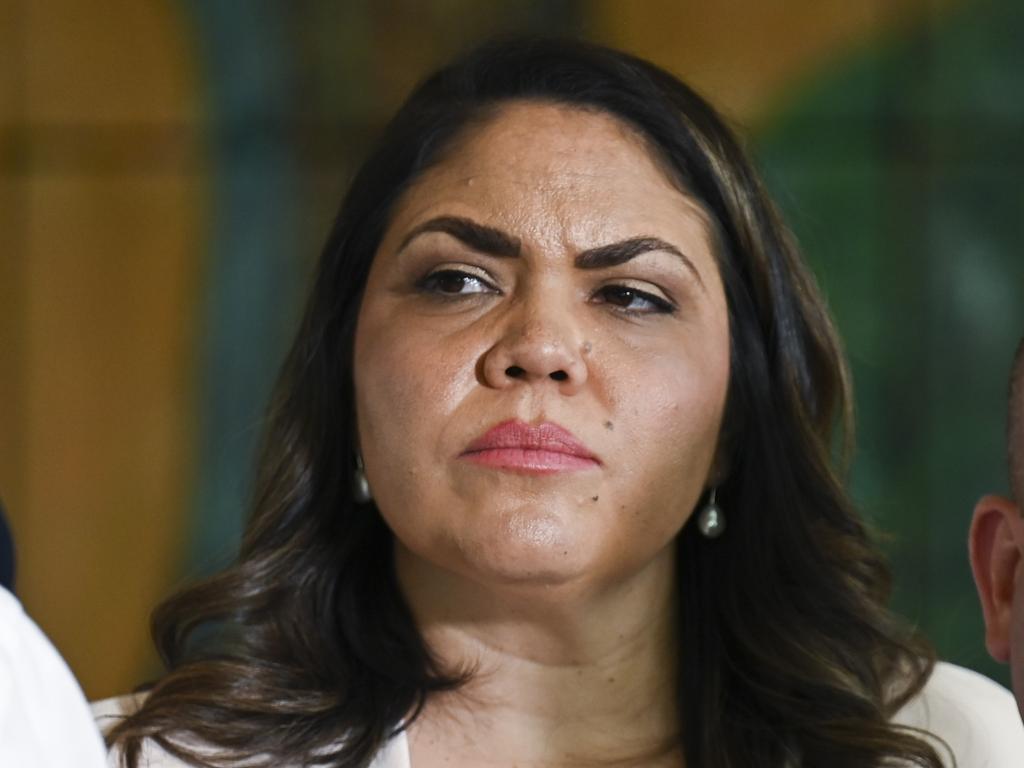
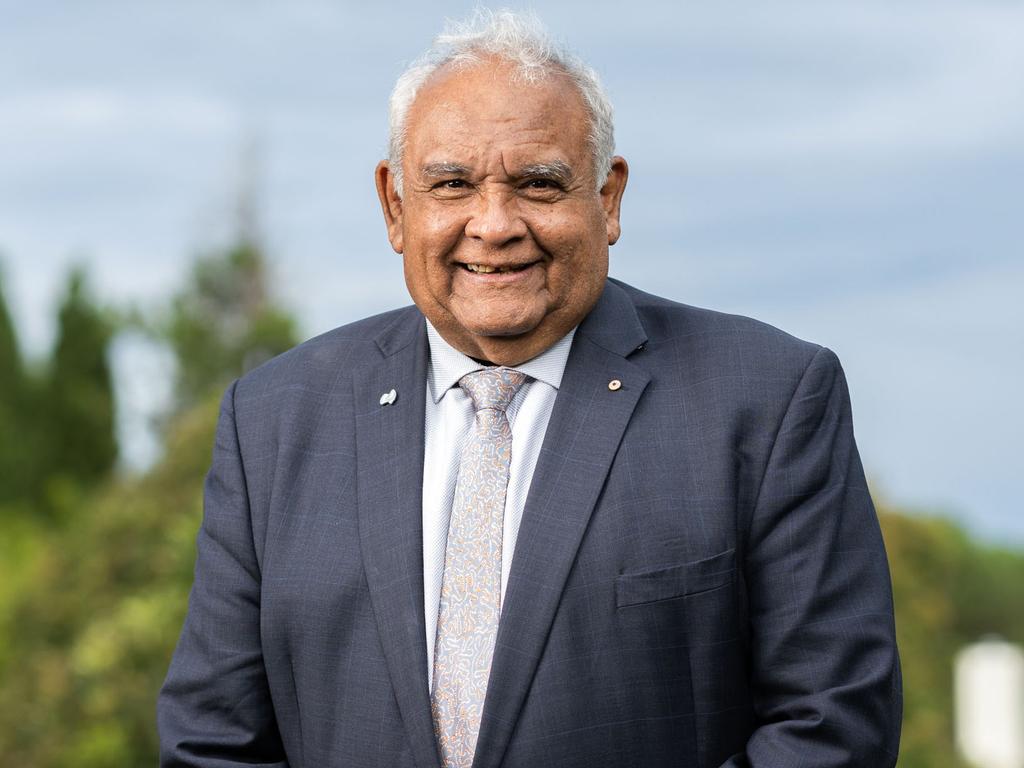


As David Hurley’s term as Governor-General ends, attention is turning to who should replace him. Some argue it is time an Indigenous person held the role, while others speculate about judicial and other candidates.